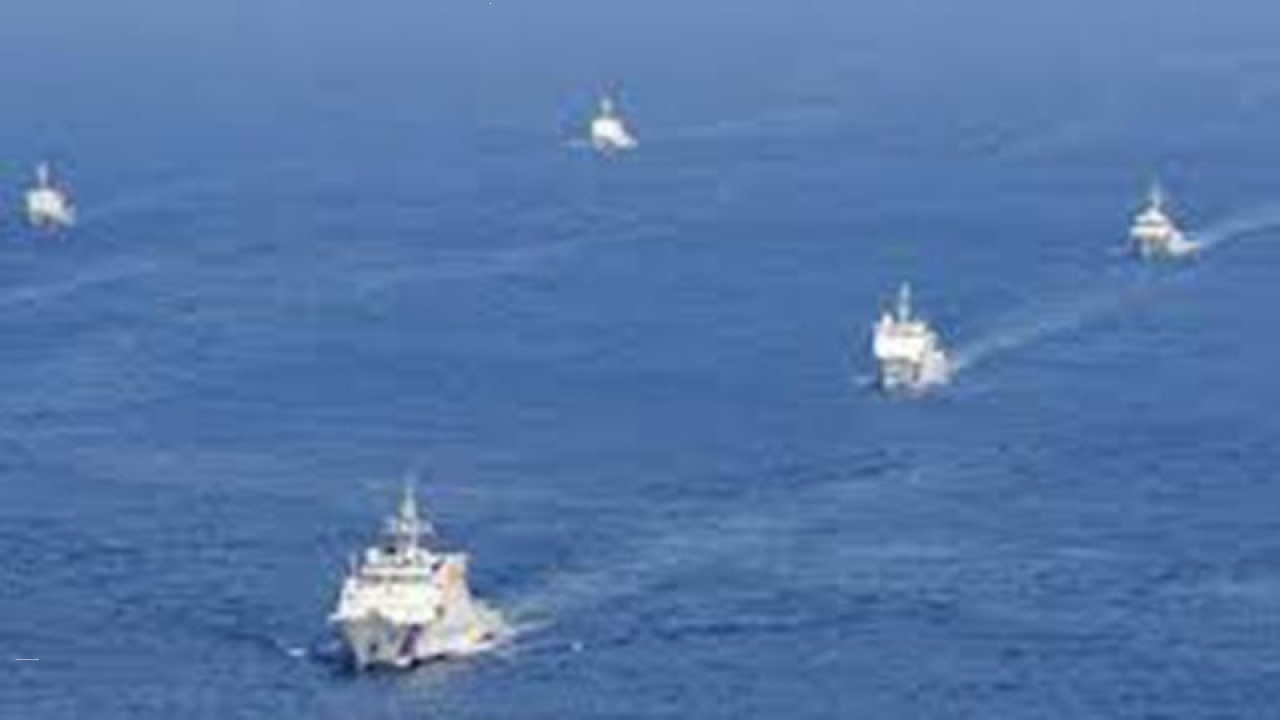Japan’s Basic Plan on Ocean Policy
Japan’s Basic Plan on Ocean Policy was adopted recently by Prime Minister Fumio Kishida’s Cabinet. This five-year ocean policy seeks to strengthen marine security amid the growing Chinese assertiveness in the regional seas. It focuses on bolstering the country’s coast guard’s capability and cooperation with the military, along with accelerating the development of autonomous underwater vehicles and remotely operated robots to enhance surveillance capabilities.
Threats and Challenges
The new policy listed various dangers that Japan’s territorial waters and exclusive economic zone face, such as frequent violations by Chinese coast guard vessels, unauthorized marine operations by foreign survey boats, North Korea’s repeated missile launches, and China and Russia’s increasing joint military exercises. These challenges have increased the tension in the ocean around Japan.
Strengthening the Coast Guard
The Basic Plan on Ocean Policy places great importance on enhancing the capacity of Japan’s coast guard. The coast guard frequently faces situations where Chinese coast guard vessels approach disputed Japanese-controlled islands in the East China Sea, North Korean poachers, and suspected spy boats, as well as Russian coast guard vessels near disputed northern islands. Despite its role as civilian policing at sea and not military combat, concerns have been raised about the coast guard’s safety in a possible conflict. The new plan calls for a closer cooperation with the Self Defense Force to address these concerns.
National Security Strategy and China’s Stance on Taiwan
Japan’s new ocean policy is consistent with the country’s recent national security strategy, which was approved by Prime Minister Kishida’s administration in December 2022. The strategy aims to double Japan’s defense budget within five years and boost its military power with a strike capability. In addition, the policy encourages closer coordination between the military and the coast guard during emergencies involving Taiwan or other potential conflicts.
Using Maritime Resources
The Basic Plan on Ocean Policy also calls for Japan to better use maritime resources to achieve carbon neutrality, including greater use of the exclusive economic zone outside territorial waters to build offshore wind-power generators. Japan has repeatedly protested against Chinese research ships’ entry into Japanese waters or the exclusive economic zone for apparent surveys of undersea deposits and other marine resources. The new ocean policy recommends the adoption of more proactive approach towards conducting surveys of the undersea region and exploiting its energy resources.
Month: Current Affairs - May, 2023
Category: International / World Current Affairs


